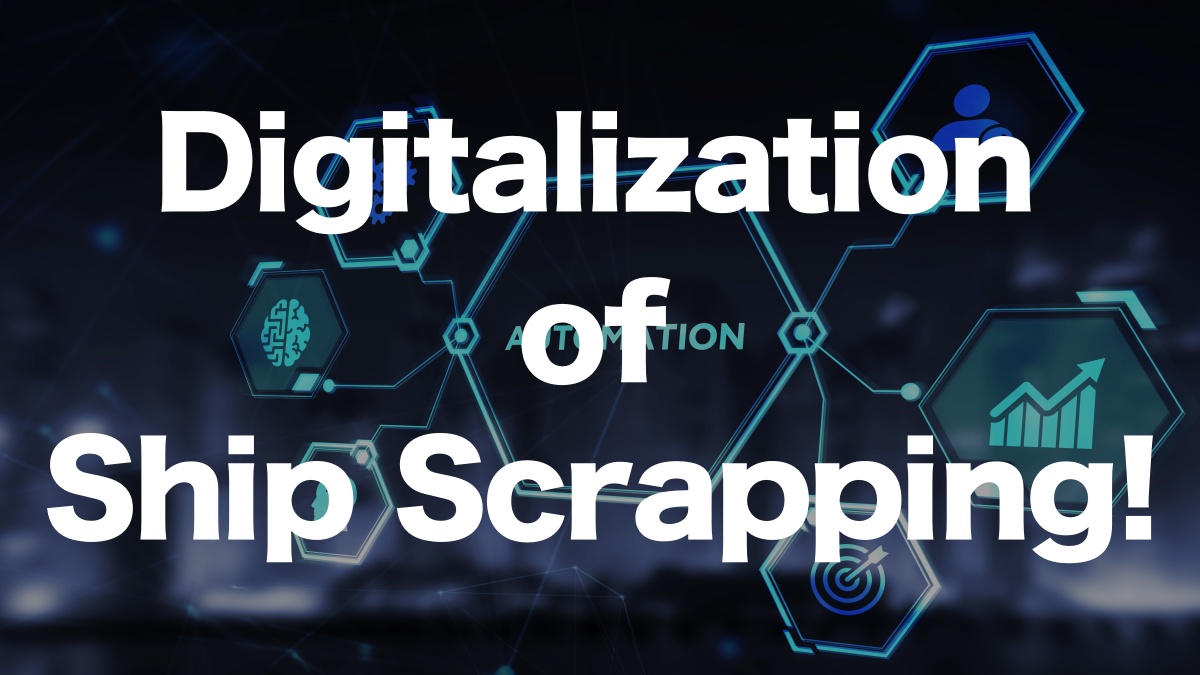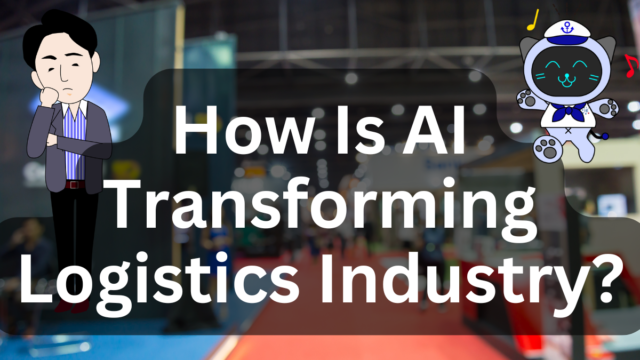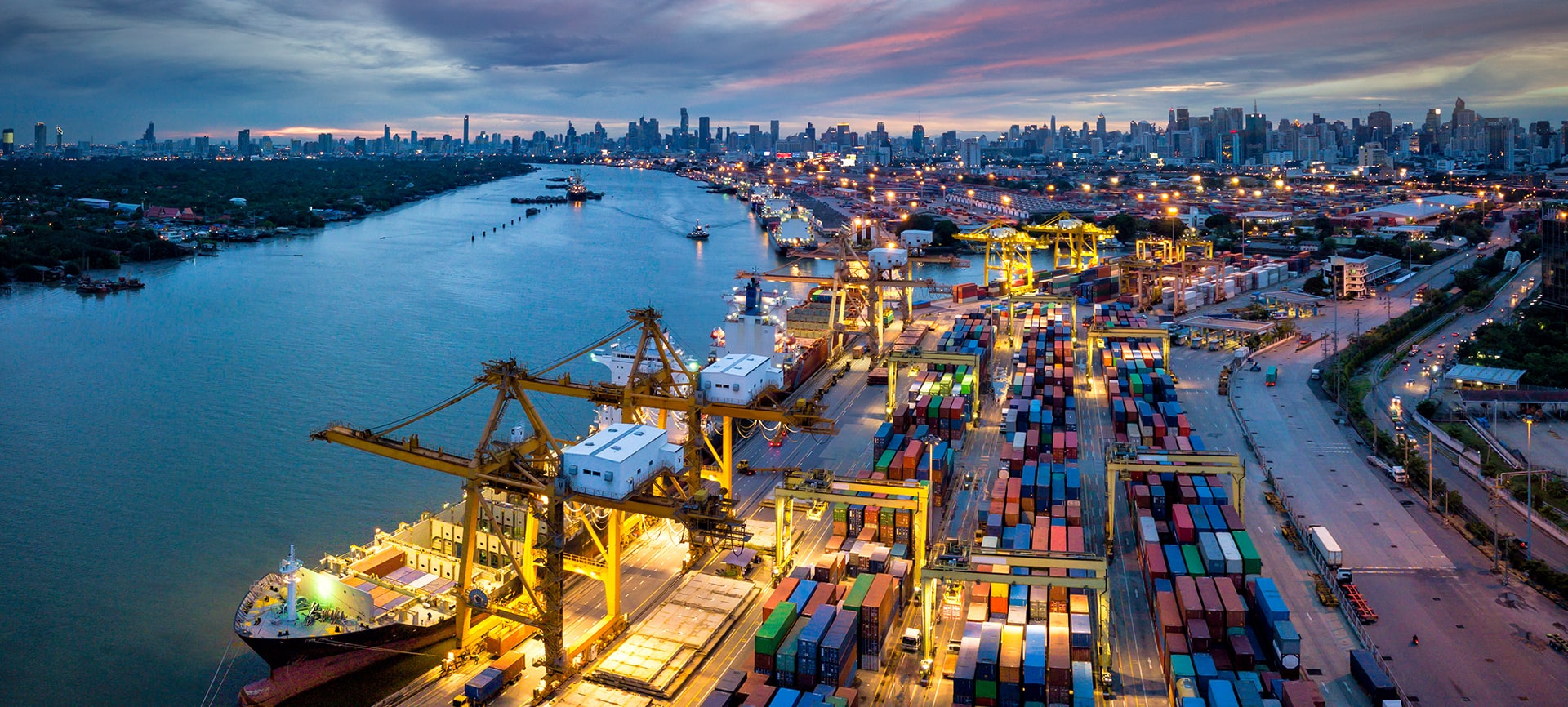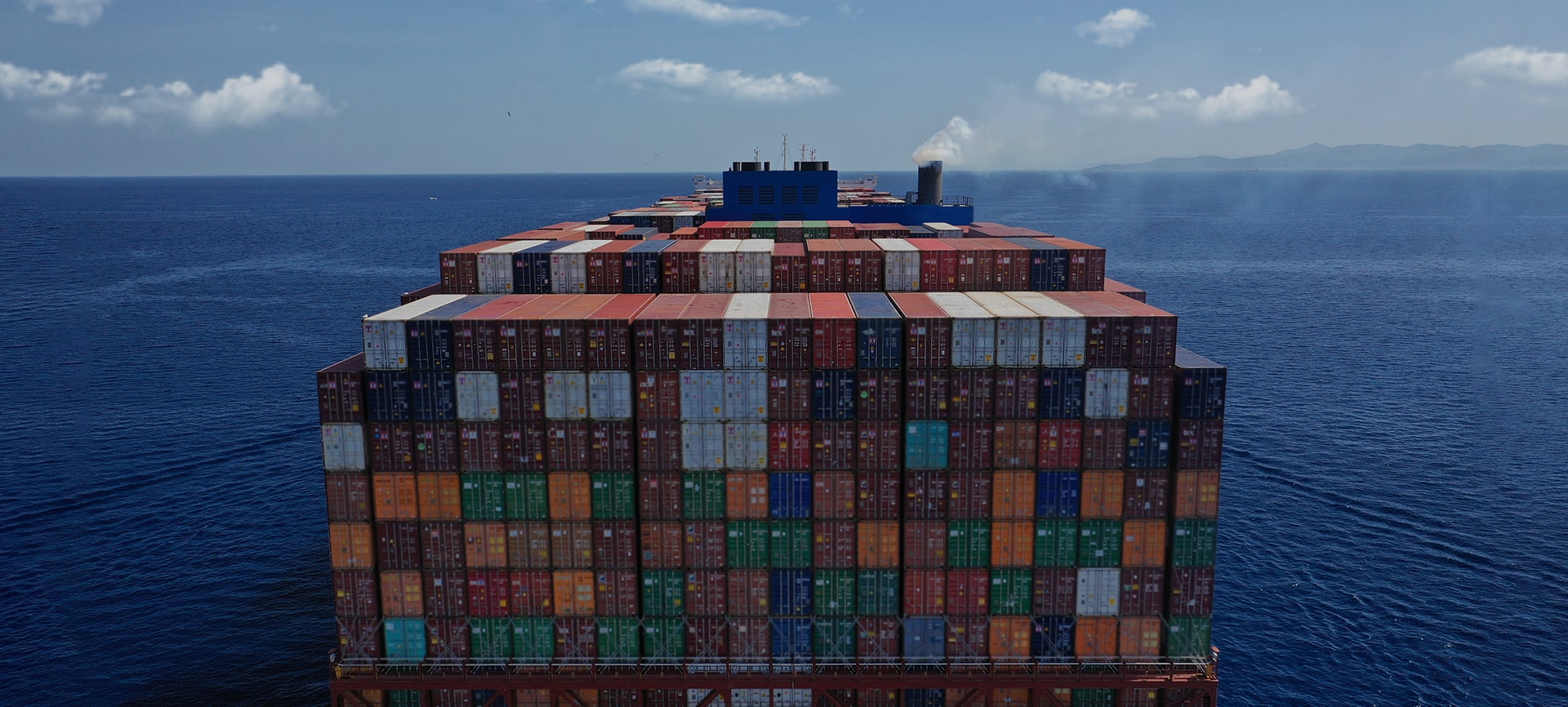Posted on: October 23, 2024 / Last updated: October 23, 2024
The Future of Ship Scrapping: DX and Automation Leading the Way

The ship scrapping industry is undergoing a significant transformation with the introduction of new technologies.
As older ships age, the focus is shifting towards efficient scrapping processes, with digital transformation (DX) playing a crucial role.
In this article, we’ll explore the latest trends in ship scrapping automation and the future of the industry.
CONTENTS
What is DX in Ship Scrapping?
In Japan, attention is increasingly being paid to the scrapping of old ships.
As fuel efficiency becomes a priority, older ships are being phased out, and new vessels are being commissioned.
This has led to a rise in ship scrapping, where DX is expected to play a pivotal role in enhancing efficiency and sustainability.
The Role of Dutch Startup CMT
One of the most noteworthy players in this field is Dutch startup CMT.
The company has developed cutting-edge technology that enables fully automated ship dismantling, requiring little to no human intervention.
Their process involves slicing the ship into smaller parts, which are then further broken down automatically.
This innovative approach offers a glimpse into the future of ship scrapping.
Current Practices in India and Bangladesh
At present, most ship scrapping is conducted manually in countries like India and Bangladesh.
However, with the adoption of CMT’s automation technology, these labor-intensive practices may soon become a thing of the past, leading to significant improvements in efficiency.
Contribution to CO2 Reduction
In addition to improving efficiency, automated scrapping processes also offer environmental benefits.
By using electric furnaces to melt down scrap metal, CO2 emissions can be reduced by up to 75% compared to traditional methods.
In today’s environmentally conscious world, this technology represents a significant breakthrough for the ship scrapping industry.
Looking Ahead
Japanese companies have already begun investing in CMT, signaling high expectations for the next generation of ship scrapping technologies.
As DX continues to streamline the scrapping process, we can expect further reductions in CO2 emissions and operational costs, making the industry more sustainable in the long run.


![[Industry Trends] MSC Becomes First to Reach 900 Vessels! Focus Shifts to North-South Routes with Independent Operations | IINO san's Logistics News](/wp-content/uploads/2025/04/20250417en-640x360.png)
![[Maritime Shipping Now] Container Freight Rates Remain Flat – What Lies Ahead? Impact of US-China Tensions | IINO san's Logistics News](/wp-content/uploads/2025/04/20250415en-640x360.png)








